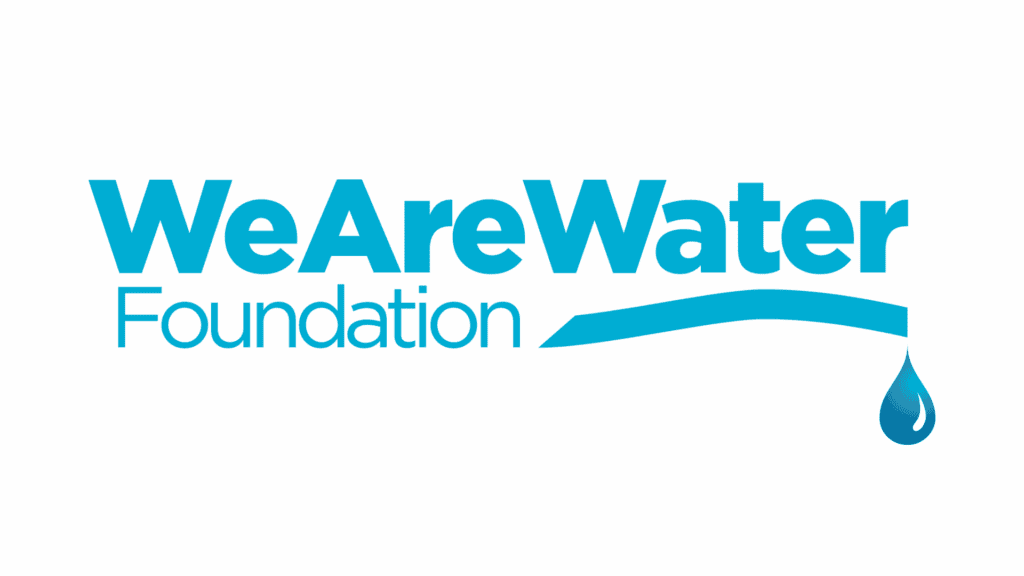Update: safe water for health centres in Sierra Leone
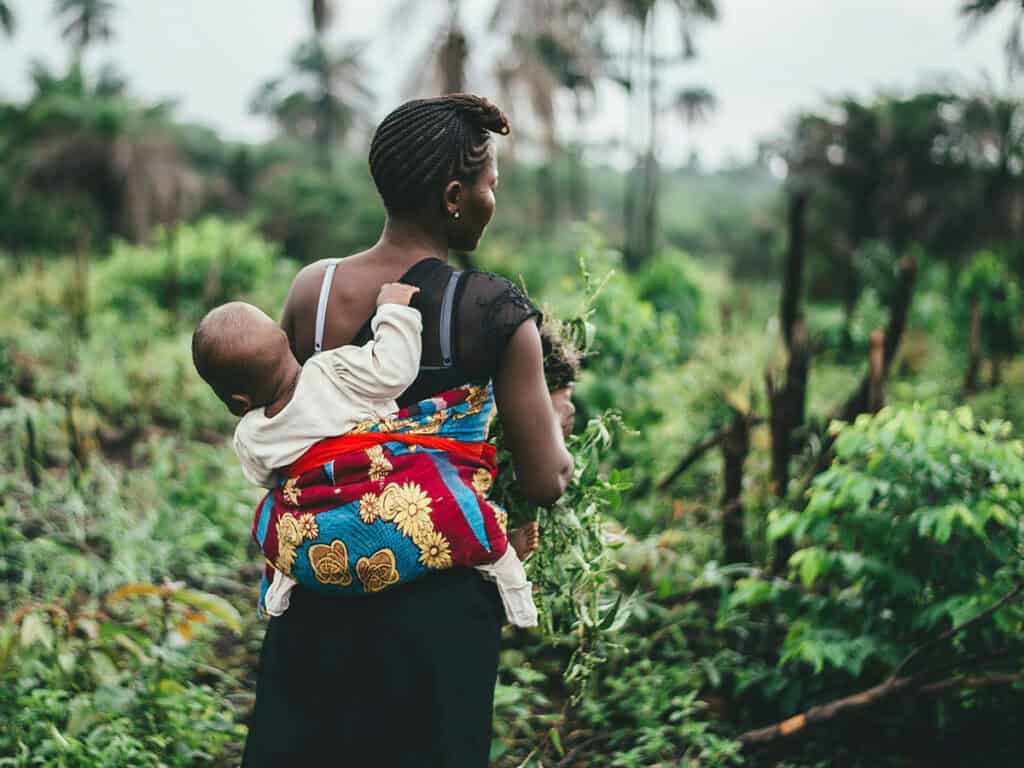
Project Update:
Water for health centers
in Sierra Leone
For three remote villages in the heart of Kono District, Sierra Leone, we’re bringing more than just clean drinking water.
Together with World Vision, One Hundred Restrooms and We Are Water, we’re working there to provide dignified care and safe deliveries for women, children and the communities around them.
Construction is already underway at two locations with work on solar-powered boreholes, VIP latrines and expanded delivery rooms. Local teams have been trained to maintain the systems – ensuring continued access despite challenging conditions such as climate and remoteness.
Keep reading for a mid-term update of the project: what has been accomplished, what insights we gained and what challenges we encountered.
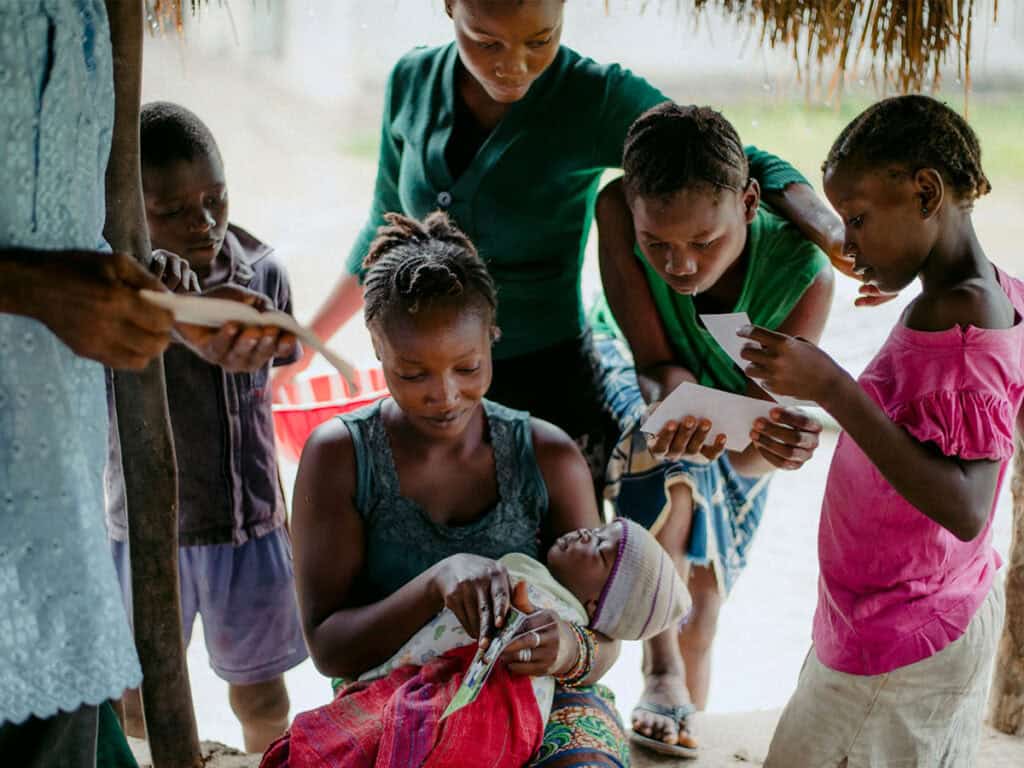
3 centers, 16.500 people
Three health centers are being completely renovated in the remote villages of Bandasuma, Kamindu and Foindu Mongor. These are dedicated clinics for mothers and children. They will get access to clean drinking water, decent sanitation and safe, hygienic spaces for deliveries and medical care.
What’s often still lacking today — running water, a clean delivery room and a place to wash your hands — will soon be available. With these improvements, we’re laying the foundation for care with dignity, even in the most remote areas.
The goal: safer childbirth, better hygiene and sustainable health care for more than 16,500 people in this region.
What are we going to do?
The core of this project is a practical, sustainable improvement of three clinics. We will implement the following facilities and improvements in and around the health centers. This will ensure healthier conditions for mothers, babies, caregivers, and the surrounding community.
- Solar-powered boreholes: for reliable access to clean drinking water
- VIP latrines: separated by gender, with functional shower and washrooms
- Expansion of delivery rooms: for safer deliveries
- Placenta, ash and needle pits: for safe disposal of medical waste
- Incinerators: for the controlled incineration of medical waste
- Waste bins: for medical waste, scattered throughout the healthcare facilities
- Training and education: for healthcare personnel, cleaning staff, water committees and patients
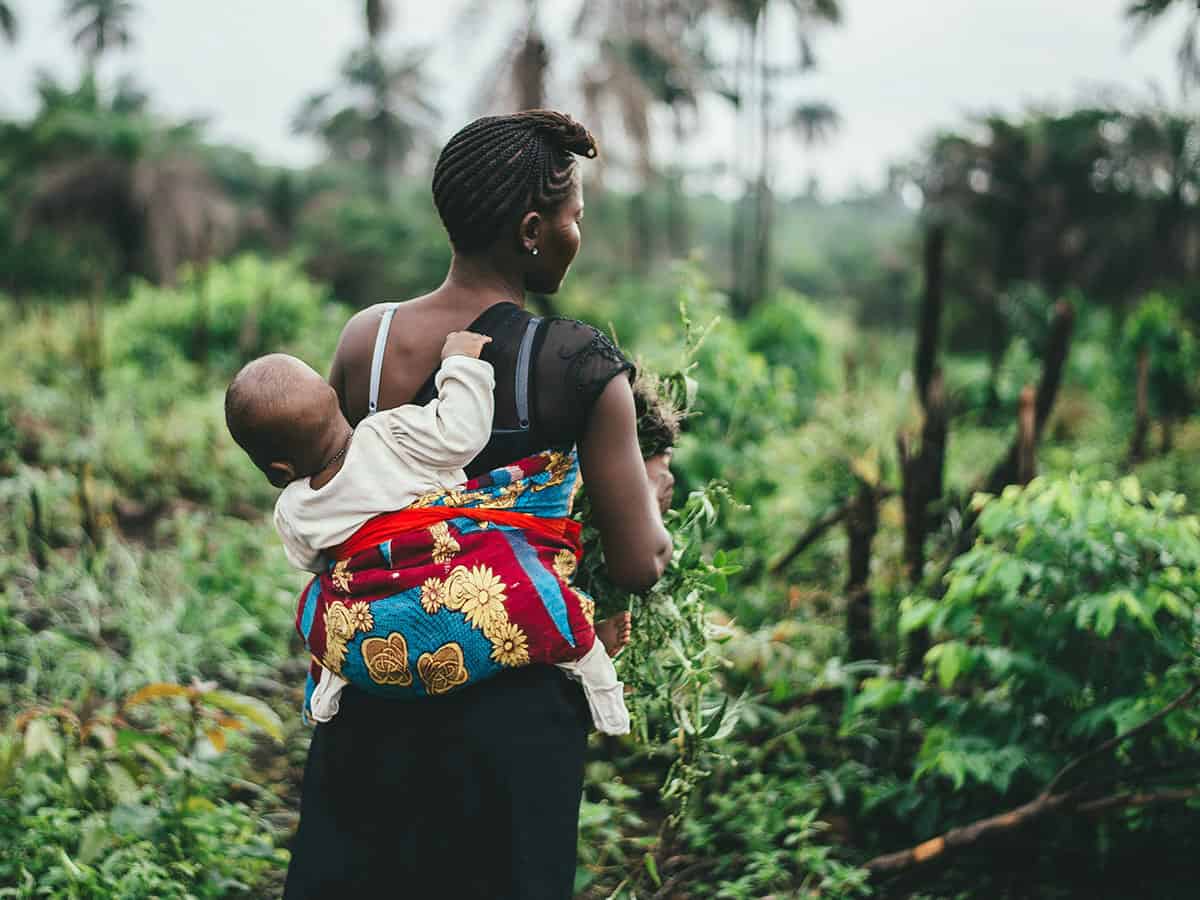
Halfway: this is the current score
Halfway: this is the current score
What’s been accomplished?
After a slightly delayed start due to the procurement process and the logistics of reaching remote locations, the project is now in full swing. The first visible steps have been taken:
Construction in progress: Construction of boreholes, VIP latrines, delivery rooms and waste pits is underway.
Geophysical survey completed: Survey helped choose suitable drilling locations; flexible shifting in case of disappointing results.
These improvements are the backbone of the project — but only when combined with training and local ownership does real, lasting impact emerge.
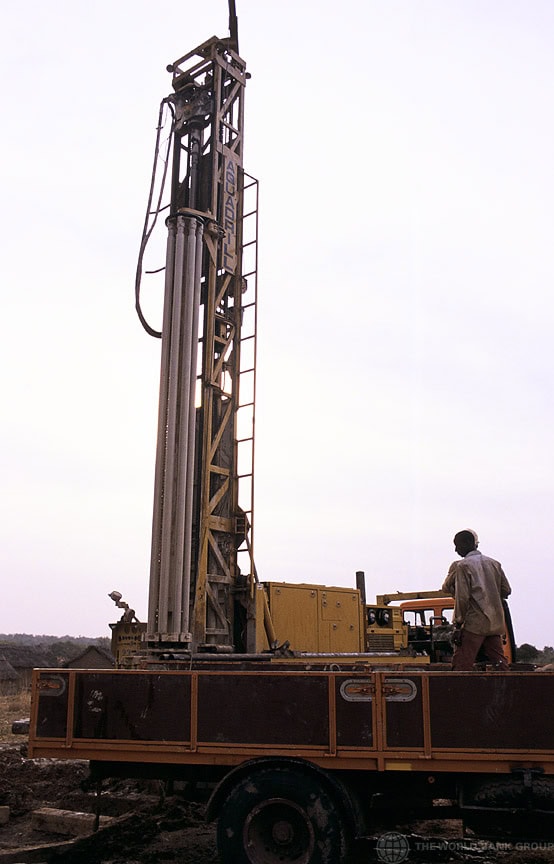
Photo: © Curt Carnemark / World Bank Photo Collection
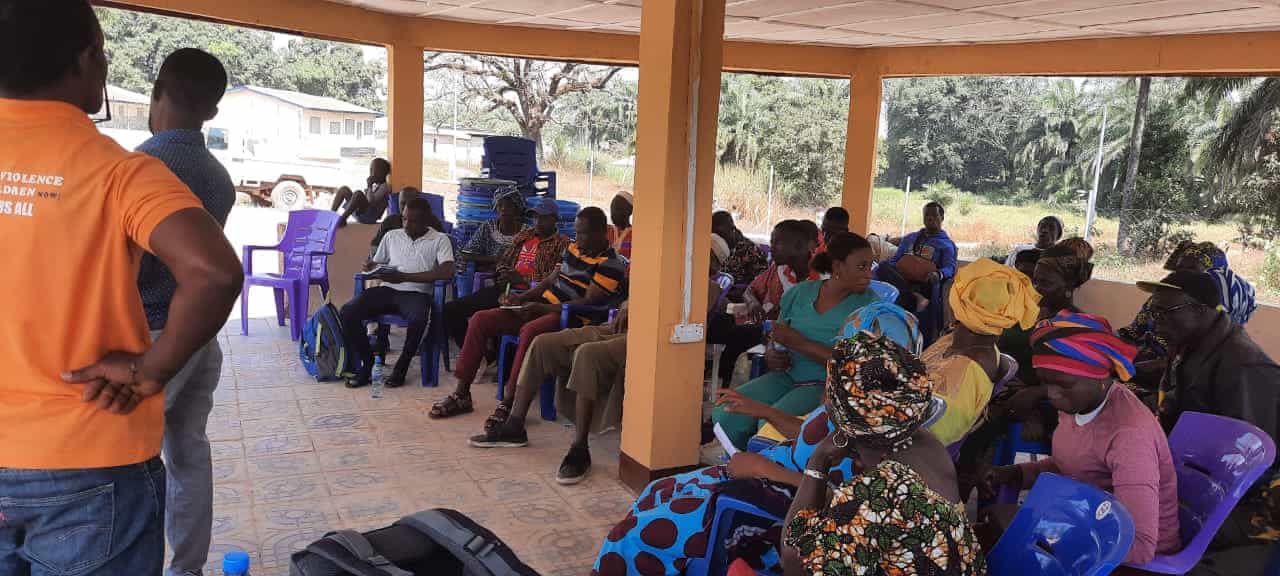
Who has been trained?
Good health care starts with people who know what they are doing. That’s why this project is not only about infrastructure, but also about knowledge, skills and local ownership. Several training sessions have already been held in recent months – tailored for those who work daily in or around health centers.
So far, training has been provided at four levels:
Healthcare staff
53 participants — including healthcare workers, clinic staff and management members – were trained in infection prevention and hygiene practices within healthcare settings.
Cleaning staff
27 employees are trained in effective cleaning, safe use of disinfectants and adherence to cleaning protocols.
Water committees
Water management committees have been formed and trained in all three villages. They have learned how to maintain the water system independently and solve minor technical problems quickly.
Clients and patients
During their visit to the clinics, clients are educated about hand washing and basic hygiene, specifically at times critical to maternal and child health.
challenges and learnings
Not without hurdles
A project like this — in the middle of a remote area and with complex logistics — is never entirely without bumps in the road. In the initial project phase, there were some obvious challenges:
Delay due to procurement and logistics
The project experienced some delays at the start due to the procurement process and the delivery of machinery to the hard-to-reach locations.
Geophysical Survey
A soil geophysical survey revealed that not all of the targeted sites contained sufficient groundwater. As a result, some drilling locations had to be redetermined.
Rainfall as risk factor for delay
The rainy season is now in full swing. Although work is now on schedule, the risk remains that weather conditions may affect progress.
These learning points underscore the importance of a flexible approach – and the value of good collaboration with local experts who can move quickly.
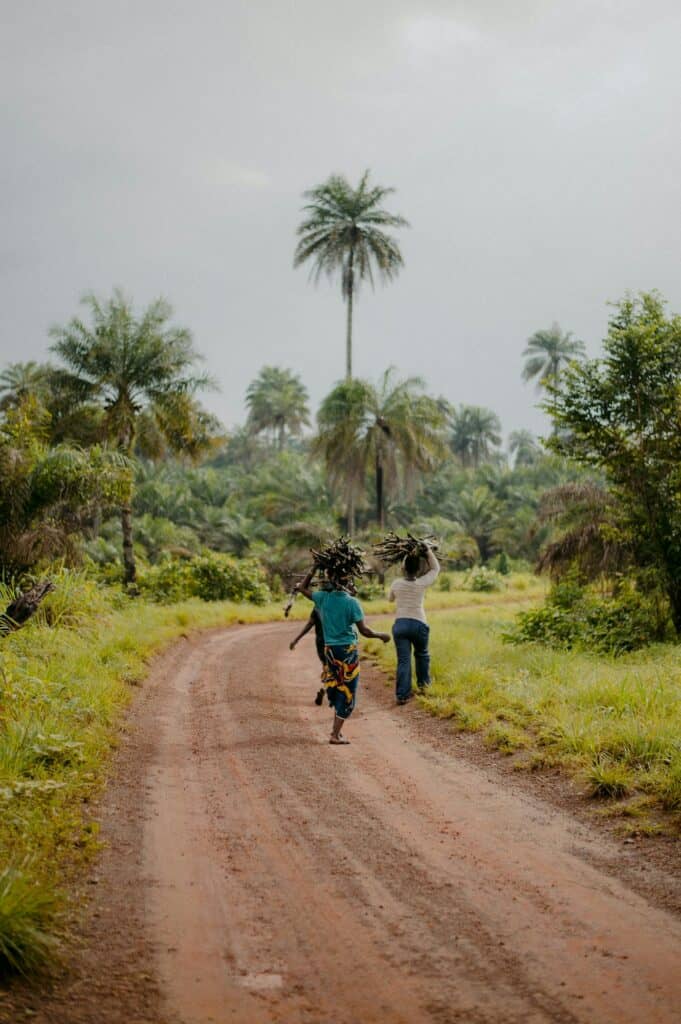
Photo: © Annie Spratt / Unsplash
“
Improving Maternal and Child Health–Soa WASH is considered saving lives of the silent ones.
— Program manager, World Vision Sierra Leone
”
In partnership with
In addition to Made Blue and its ambassadors, this project is made possible thanks to the commitment and collaboration of three dedicated partners:
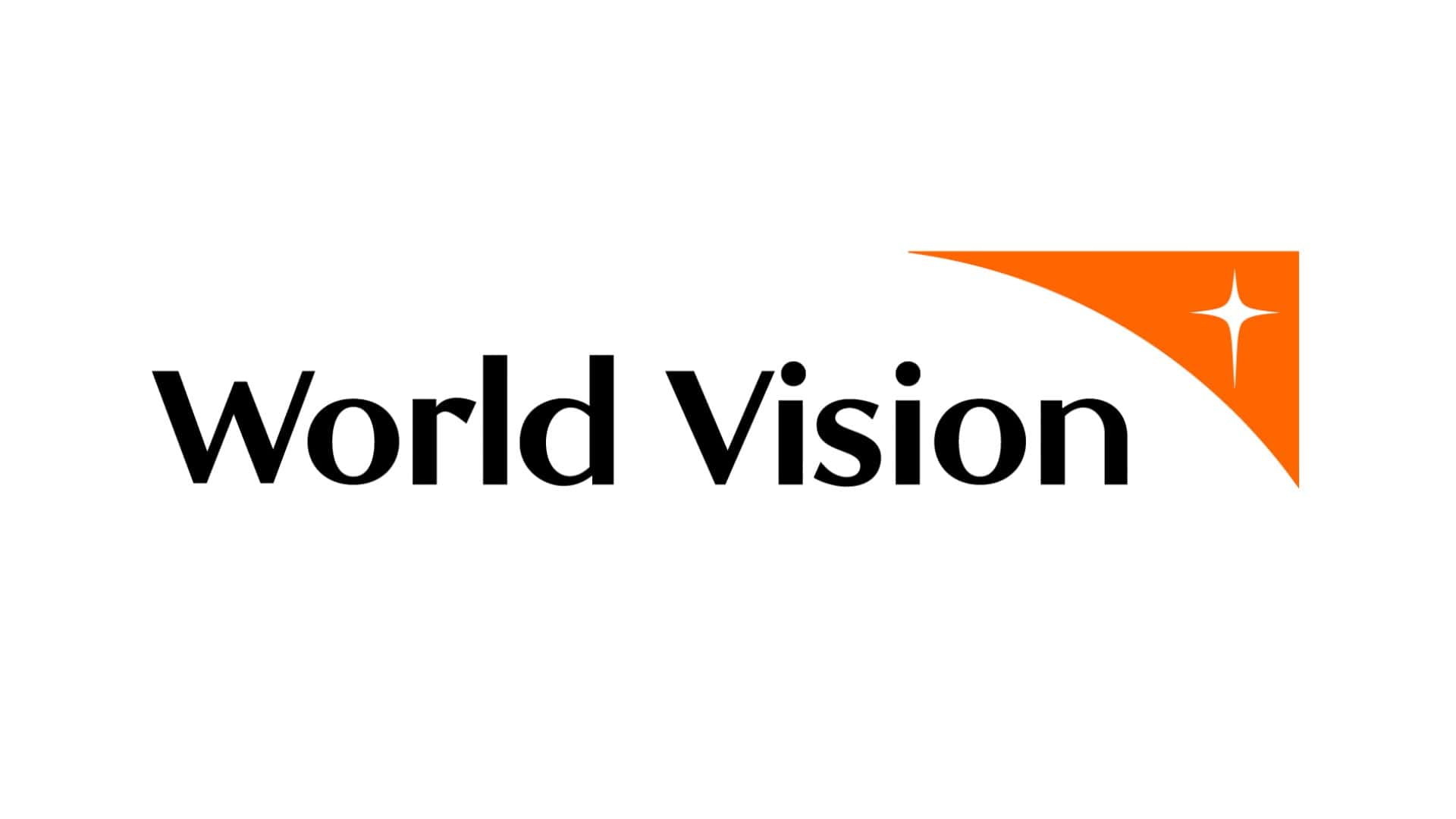
World Vision is an international humanitarian organization that implements the project locally, together with our other “heroes on the ground”: the local authorities and communities. They provide on-site coordination, construction, training and supervision – from the first shovel in the ground to handover to the community.
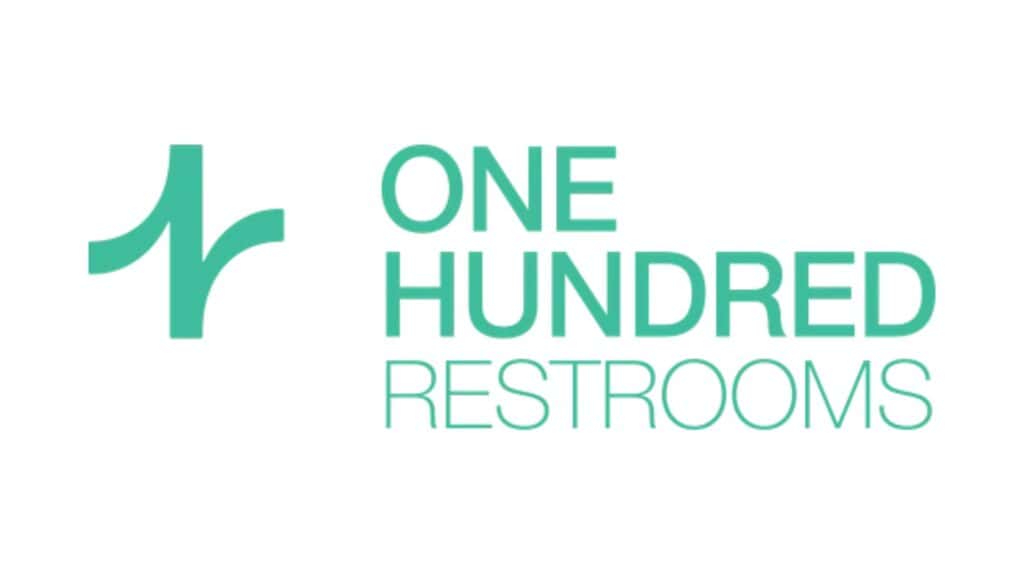
Made Blue ambassador One Hundred Restrooms builds innovative public toilets in busy locations across Europe. In addition to their annual donation to Made Blue, they contribute directly to this specific project in Sierra Leone by raising money at their toilet locations.
The We Are Water Foundation — an initiative of Roca Group, global market leader in bathrooms and sanitation — is a fellow foundation and funding partner of this project. They’re committed to providing access to clean drinking water and proper sanitation worldwide.
Want to know more about
our water projects?
From health centers in Sierra Leone to villages in Nepal and remote schools in Ethiopia – every Made Blue project brings us closer to our mission: clean drinking water for all.
Learn about our projects and the impact we’re making together:
Malawi: Madzi for Malawi
In Malawi, more than 7 million people lack clean water. We are going to change this by building and repairing water points.
Read moreUganda: Wash, Learn & Share
In this follow-up of our WASH & Learn project in Uganda, we place an even greater emphasis on capacity building and sustainability, with a central role for entrepreneurs, women and girls.
Read moreBangladesh: Mini grids for households
In Bangladesh, mini water networks will provide 33,670 people with direct access to clean drinking water.
Read moreSierra Leone: Water and nutrition at schools
With 7 water kiosks and the provision of milk powder for school meals, we help more than 55,000 people to a better future.
Read moreSierra Leone: Water for a good start in life
We are helping young and expectant mothers and their children live healthy and safe lives by investing in health center facilities in Sierra Leone.
Read moreContribute to Clean Drinking Water
with your organization
We are the Made Blue Foundation.
Our mission: clean drinking water for all.
Want to help make it happen?
